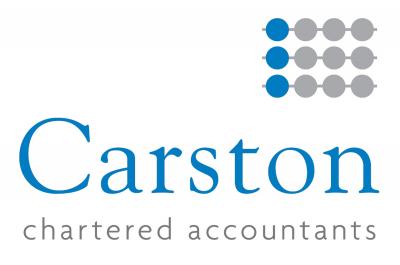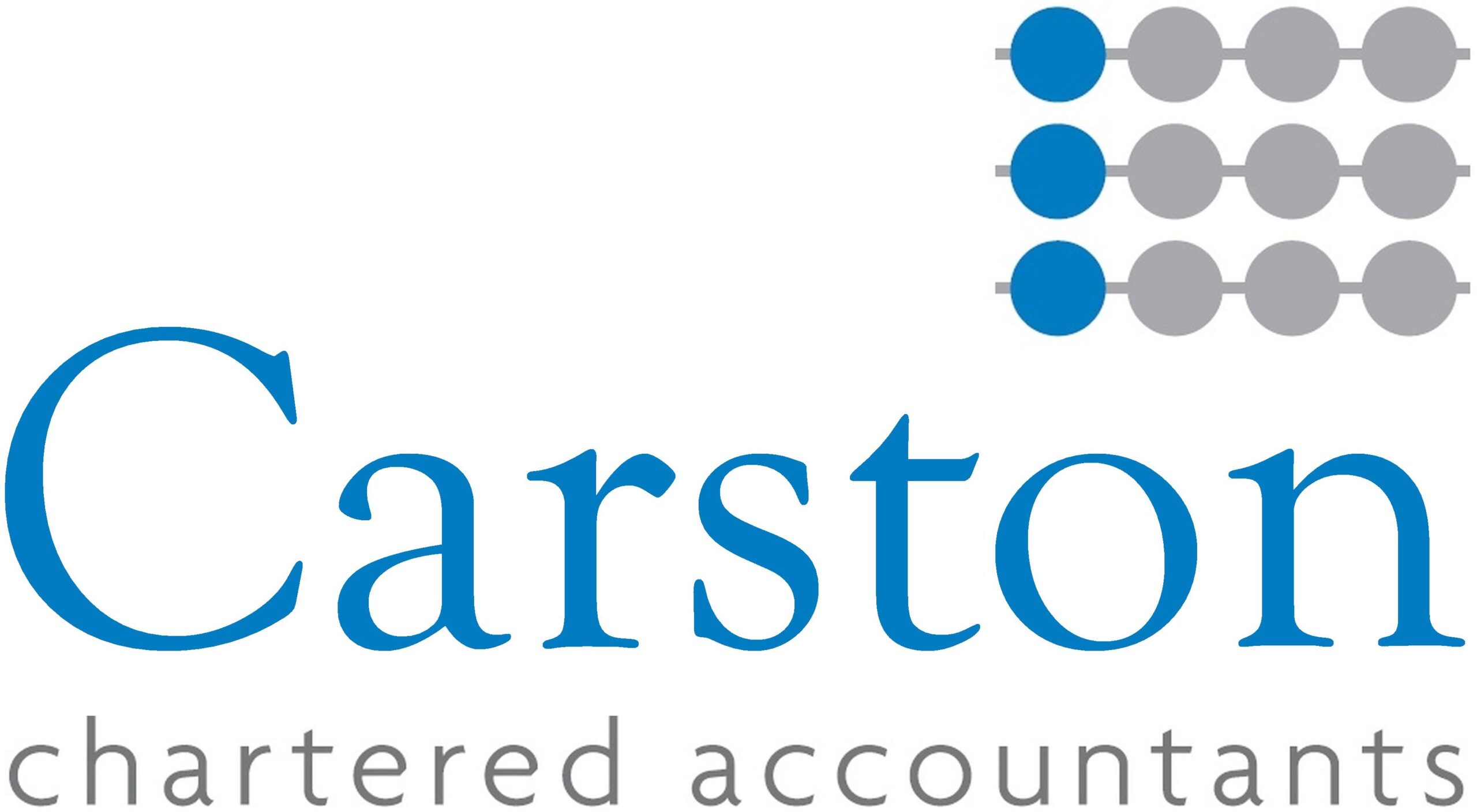Every organisation faces their own accounting challenges, but the charity sector arguably faces some of the biggest.
As accountants for the charity sector, we’ve heard from charity leaders first hand what frustrates them the most, which we’ve dedicated this blog to.
From complying with the statement of recommended practice to cybersecurity, we’ve also added our advice on how to overcome the five biggest challenges in charity accounting.
Compliance with the SORP
Charities in England and Wales have 10 months from the balance sheet date to submit their accounts to the Charity Commission in accordance with the SORP.
The SORP provides guidance on how charities should apply UK accounting standards and also details the disclosures charities are required to include.
It is compulsory for charities to follow the SORP, which covers a wide range of areas, including the content of the trustees’ annual report, general accounting principles and balance sheet.
To say the SORP is complex would be an understatement, which is why many accountants, including us, offer specialist accounting advice for charities.
Trust and transparency
There have been several high-profile stories in the press over the years alluding to malpractice within certain charities, resulting in a dip in public trust.
And with higher expectations from the public, especially as times continue to be tough after the pandemic, the need for transparency has never been greater.
But being transparent as a charity is easier said than done, but you can start by making certain information public and easily accessible, such as:
- the salaries paid to senior figures
- the amount of funding you receive from the Government
- levels of tax benefits you have received
- data on where your money has been spent.
Many charities are also required to have their accounts audited for transparency purposes.
Audit
Audits are time-consuming and stressful for the subject who has to endure auditors poking their noses into their affairs, often declining to elaborate on what exactly they are doing.
However, they aren’t just about compliance, but can be used to make sure your accounting practices are all up to date and working in the best way they can, potentially saving you from countless challenges down the road.
At Carston, transparency within an audit is extremely important and we respect your space while we conduct our work so an audit never has to be a challenge for you, but only an opportunity.
Tracking funds
As you’ll know, there are two types of funds that a charity can get: restricted and unrestricted.
Tracking restricted funds is an especially stressful challenge, because they have been given to you for a particular reason and may only be spent in accordance with the requests of the donor.
You need to establish what is genuinely restricted income and implement a restricted fund tracking process.
You shouldn’t dismiss tracking as a year-end accounts process, not only because it will keep you compliant, but also because it will help you better monitor your financial performance.
Cybersecurity
UK charities hold the personal and financial information of thousands of people, which cybercriminals have increasingly turned their attention to.
Suffering a data breach is serious for organisations, yet, for charities, whose success is built on their goodwill for others, the loss of sensitive information can be devastating.
One of the biggest challenges charities threaten is the exploitation of third-party providers, as charities often outsource internal processes meaning confidential information is stored or processed outside their own IT network.
As specialist charity accountants, we can help you mediate all the biggest challenges your sector faces. Get in touch to find out more.

